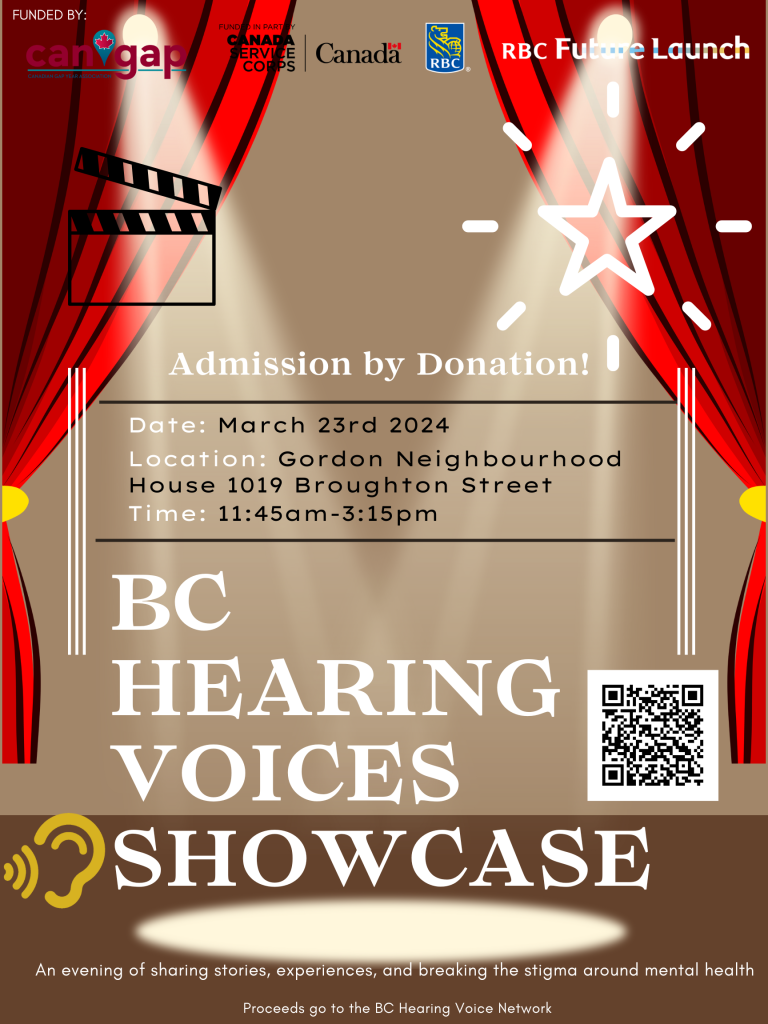I’d like to acknowledge today as a day of reflection and mourning, while also recognizing that, because National Day for Truth and Reconciliation is not a statutory holiday in BC, many people haven’t been able to take the time off work today to grieve for their families and communities.
The ongoing legacies of colonization, occupation, cultural genocide, and intergenerational trauma are deeply intertwined with health and wellbeing – emotional, physical, and spiritual. Understanding the histories and present day realities of the land we live on and the communities we live in is an important part of understanding ourselves, including, for many people, our experiences with voices and visions.
If, like me, you’re a settler on the land where you currently live, I’d like to extend a few opportunities for learning and giving today. One place to start is by making a financial contribution to an Indigenous-led charitable organization: https://www.onedayspay.ca/
You can also view the ODP guide to deeper engagement, which has a list of questions to ask yourself as a starting point to learn more about the land you’re on, the communities around you, the histories you share, and your relationship to settlement.
If you’re not sure whose territory you’re on, some websites that might help as a starting point include:
If you haven’t read the Truth and Reconciliation Commission of Canada’s Calls to Action, you can find them here: https://www2.gov.bc.ca/assets/gov/british-columbians-our-governments/indigenous-people/aboriginal-peoples-documents/calls_to_action_english2.pdf
If you aren’t familiar with the United Nation’s Declaration on the Rights of Indigenous Peoples, you can find a guide to understanding it here: https://www.indigenousbar.ca/pdf/undrip_handbook.pdf
You can watch (live or recorded) video events streamed by the National Centre for Truth and Reconciliation here: https://nctr.ca/education/trw/general-public-schedule/
I hope everyone is able to reflect and/or act in whatever ways feel right, and I hope the rest of today is as gentle as possible for everyone who’s struggling. If you’re Indigenous and in need of support, you can call the following crisis line numbers 24/7:




